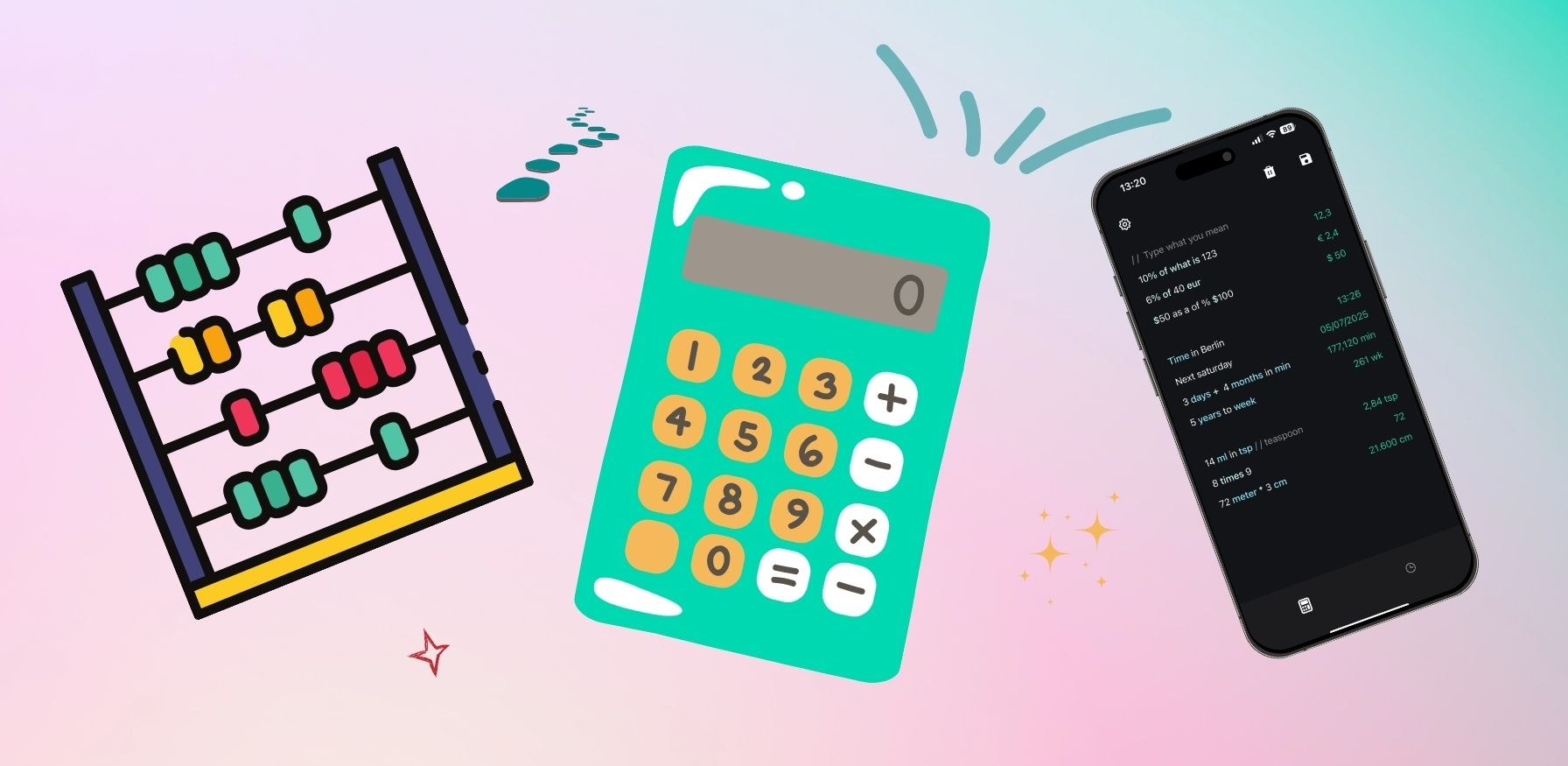The journey of calculators spans thousands of years, from simple counting tools to the sophisticated apps we use today. Understanding this evolution helps us appreciate how far we've come and where we might be heading next.
Ancient Beginnings: The Abacus
The abacus, invented around 2000 BC, was the first mechanical calculating device. Using beads on rods, it allowed users to perform basic arithmetic operations. This simple yet effective tool remained the primary calculating device for over 4000 years, showing the power of elegant design.
The Mechanical Revolution
In the 17th century, mechanical calculators began to emerge. Blaise Pascal's Pascaline (1642) could add and subtract, while Gottfried Leibniz's stepped reckoner (1673) could also multiply and divide. These machines were expensive and complex, but they marked the beginning of automated calculation.
The Electronic Era
The 1960s and 1970s witnessed the birth of electronic calculators. The first handheld electronic calculator, Cal-Tech, was produced by Texas Instruments in 1967. By the 1970s, calculators had become affordable and widespread, fundamentally changing the way people performed calculations..
📱 From electronic to smart! See how far calculators have evolved with LetsCalc.
Get started with LetsCalc - completely free
The Digital Age
With the rise of personal computers and smartphones, calculators have turned into software apps. Modern calculator apps like LetsCalc offer features that seemed impossible a few decades ago: real-time currency conversion, unit conversion and natural language processing.
Modern Features
- Natural language input - "What's 15% of 200?"
- Real-time currency conversion
- Unit conversion across multiple categories
- Calculation history and cloud sync
- Advanced mathematical functions
The Future of Calculators
As artificial intelligence and machine learning advance, calculator applications are becoming increasingly intelligent. Future calculators will be able to understand context, learn from user behaviour, and provide predictive calculations. The line between calculators and personal assistants is becoming increasingly blurred.
LetsCalc is at the forefront of this evolution, offering users a comprehensive calculator solution that meets modern mobile computing needs while maintaining the simplicity and reliability they expect.
